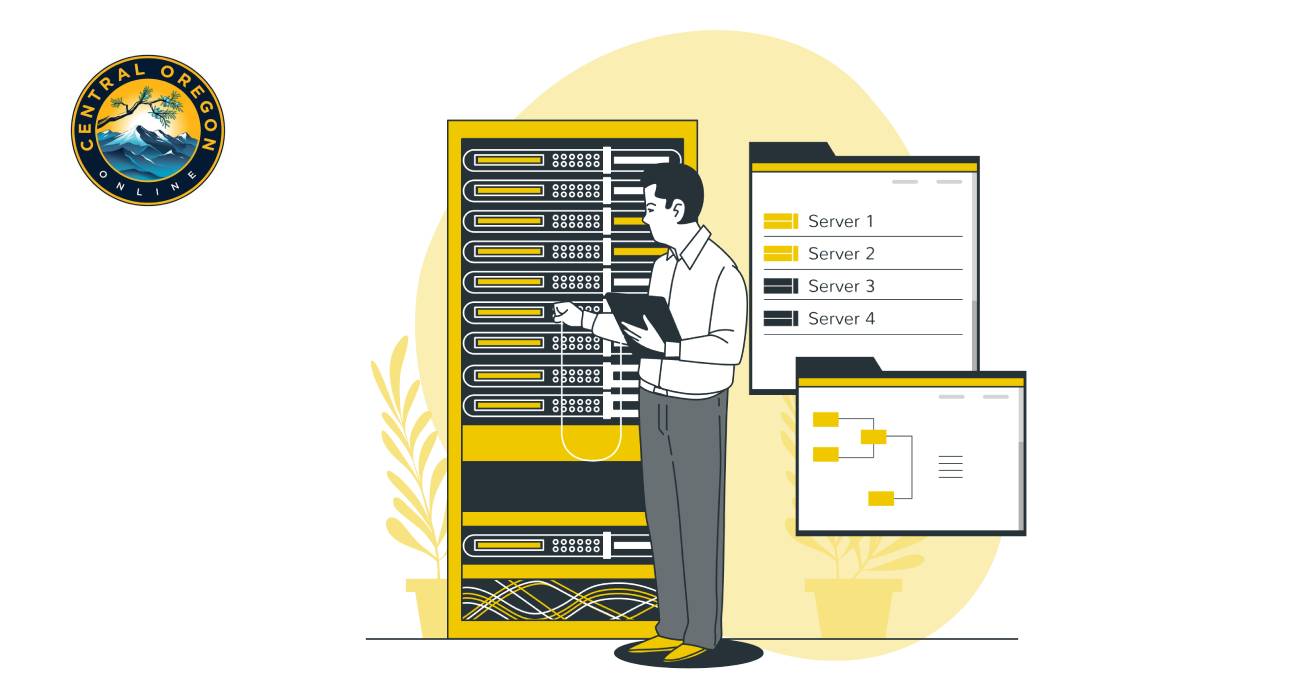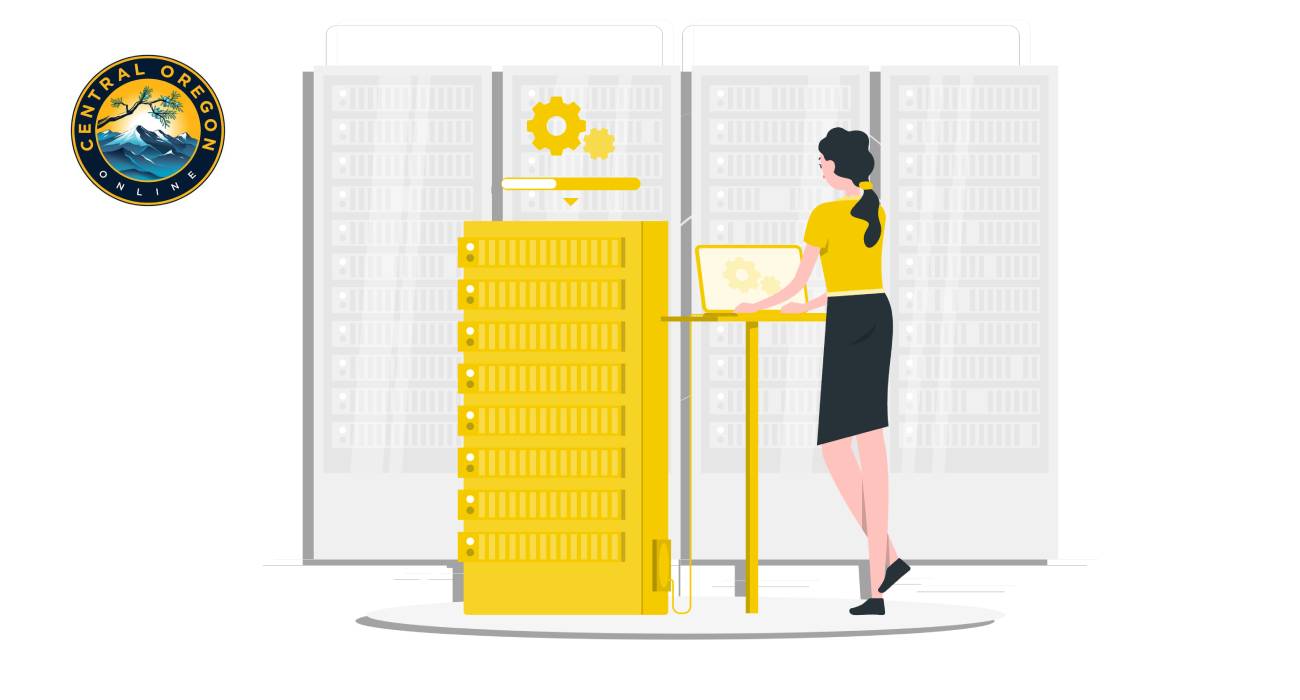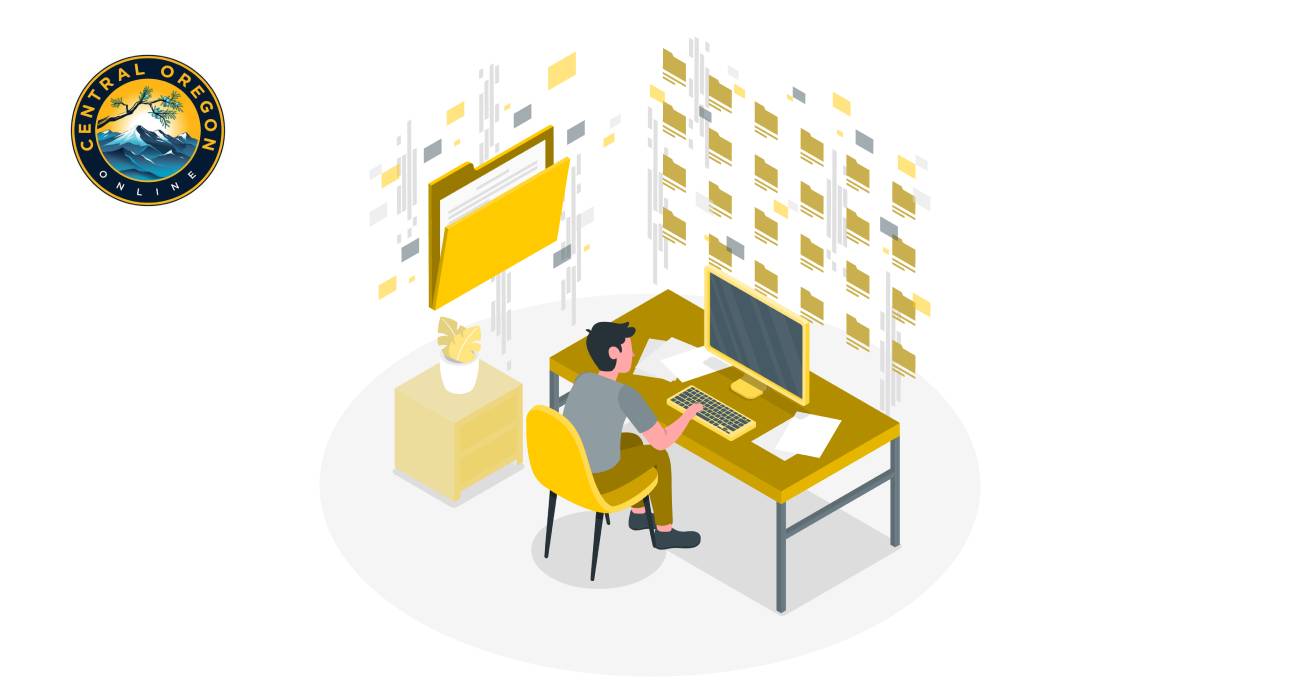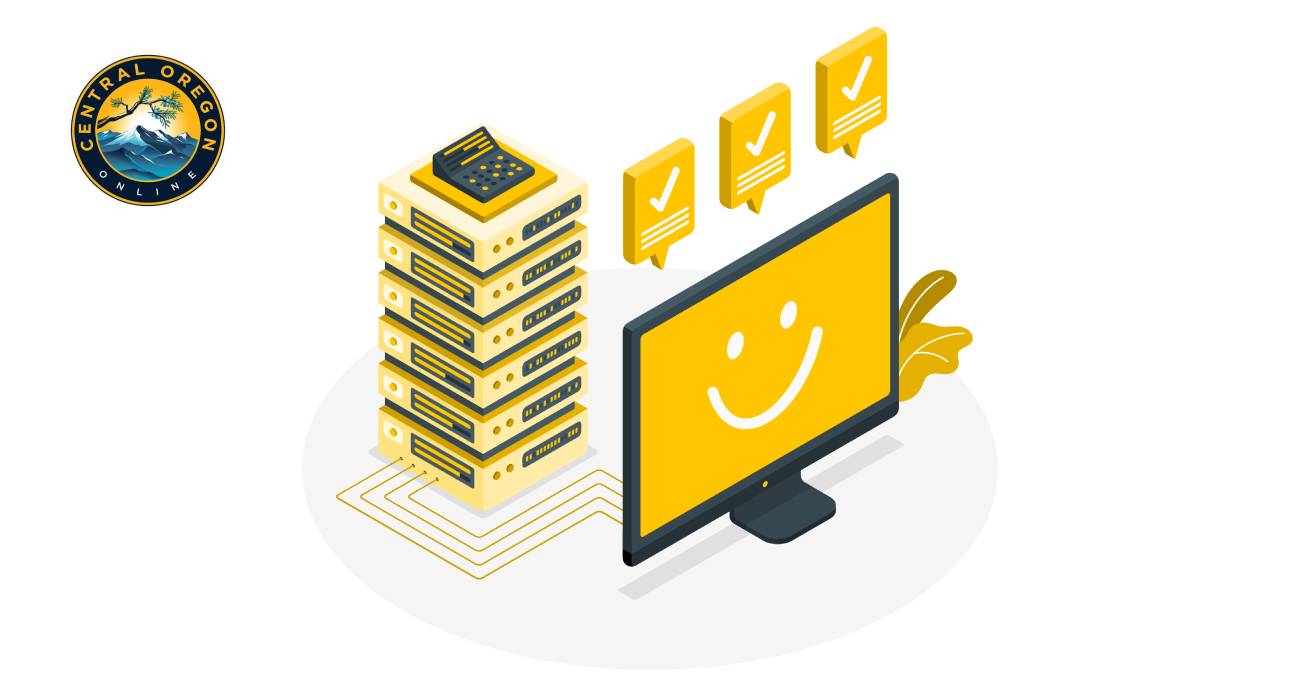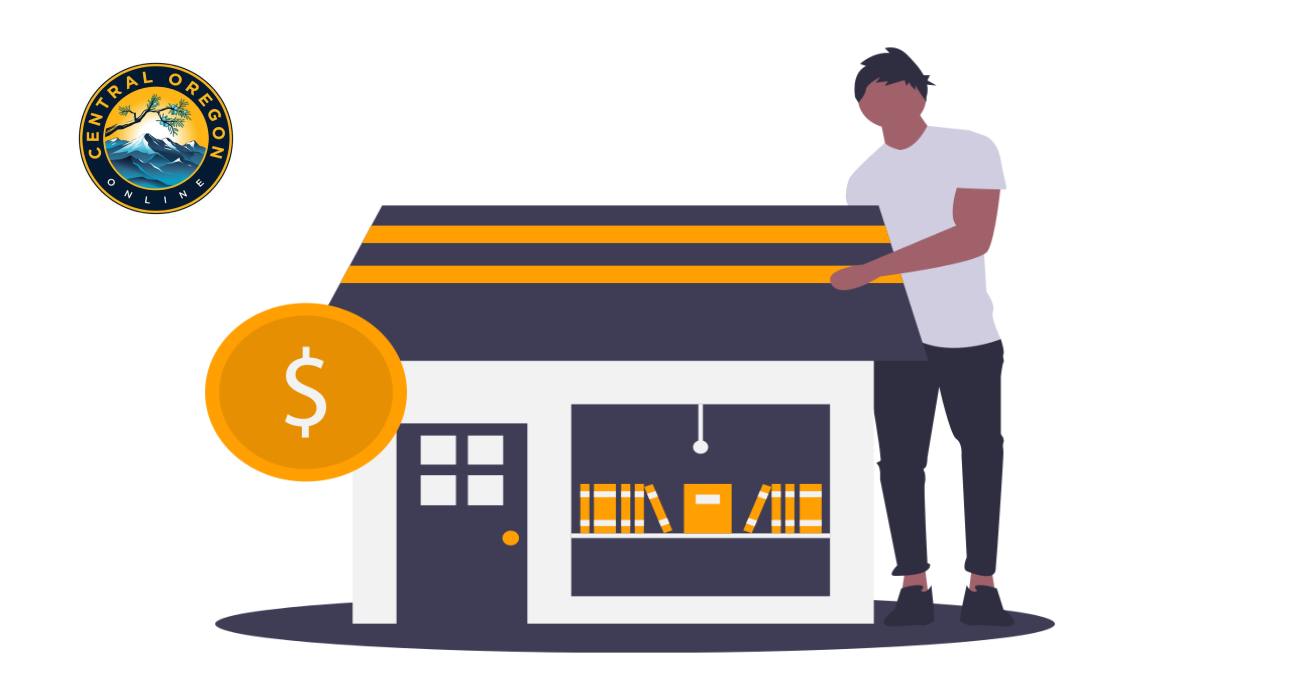
Ideal Internet Service Bend Oregon Speed For Your Business
In this modern-day, the Internet is becoming one of the leading sales and marketing avenues for small business enterprises. This is why you must be using reliable and fast internet providers Bend Oregon.
Depending on exactly where your business is situated, you may come with many selections or few choices.
Type of Internet Connections To Choose From:
Internet technologies are getting more advanced, and business owners now have several selections, yet there are still some restrictions.
DSL: Digital Subscriber Line (DSL) was regarded as a major upgrade on dial-up connections in the past; however, it’s achieved noncommittal status. DSL, which employs standard telephone lines, can continue to be perfectly useful for a small-scale business with just a few workers, however, and it’s fairly affordable. The total proximity from the exchange has an effect on DSL download speed, which hardly surpasses double digits of Mbps anyhow.
Cable: Data is transferred via coax cable TV lines, which are practically all over– fantastic! At least they were when it rolled out in the late 1990s. Yet like Smash Mouth and JNCO jeans, cable internet does not hold up these days, as well. Cable speeds continue to be remarkable; however, they’re hindered significantly if close-by companies and homes are online simultaneously. Also, it’s still relatively pricey.
Satellite: If cable can offer internet service so effectively, then satellite must be equally as better, right? Unfortunately, it is not. It’s not as dependable as grounded connectivity and can be very expensive compared with cable internet. Yet it’s readily available wherever there’s open sky– if you reside in the midst of an unwired location, it’ll do.
Fiber: Fiber-optic internet transfers data by pulses of light via microscopic glass or plastic fibers without external electromagnetic disturbance– it’s the fastest and earliest connection available. Fiber internet’s sole disadvantages are limited connection range and usually higher costs. However, with its fast speed and potential for expansion, fiber is unmistakably the future.
DSL: Digital Subscriber Line (DSL) was regarded as a major upgrade on dial-up connections in the past. DSL, which employs standard telephone lines, can continue to be perfectly useful for a small-scale business with just a few workers, however, and it’s fairly affordable. The total proximity from the ISP’s exchange has an effect on DSL download speed, which hardly surpasses double digits of Mbps anyhow.
Cable: Data is transferred via coax cable TV lines, which are practically all over– fantastic! At least they were when it rolled out in the late 1990s. Yet like Smash Mouth and JNCO jeans, cable internet does not hold up these days, as well. Cable speeds continue to be remarkable; however, they’re hindered significantly if close-by companies and homes are online simultaneously. Also, it’s still relatively pricey.
Satellite: If cable can offer internet service so effectively, then satellite must be equally as better, right? Unfortunately, it is not. It’s not as dependable as grounded connectivity and can be very expensive compared with cable internet. Yet it’s readily available wherever there’s open sky– if you reside in the midst of an unwired location, it’ll do.
Fiber: Fiber-optic internet transfers data by pulses of light via microscopic glass or plastic fibers without external electromagnetic disturbance– it’s the fastest and earliest connection available. Fiber internet’s sole disadvantages are limited connection range (it’s available in just about half the US) and usually higher costs. However, with its fast speed and potential for expansion, fiber is unmistakably the future.
Ideal Business Connection Speed
You’d assume that a small company with several employees could cope with lower speed, but suppose they’re transmitting massive data and video conferencing all the time? Similarly, 50 employees doing somewhat more than just exchanging emails and images don’t require 500 Mbps of bandwidth.
Figure out your company’s high-speed internet necessities first, so you don’t wind up overspending or having stuck with low speed. Something worthy of mentioning is that fibre internet’s upload speeds frequently correspond to its download speeds– a significant strength over DSL and cable when it comes to data transfers. With each of types of connections, expenses increase simultaneously with speed, so here are a few standard plan bandwidth amounts to take into consideration:
15 to 25 Mbps
If you’re managing a small company of one or two employees performing simple internet business using web browsing and email messaging, 15 to 25 Mbps will be enough with moderate file sending.
25 to 50 Mbps
A five-person workplace could carry out huge file transactions and point-of-sale deals more conveniently in the speed range of 25 to 50 Mbps. Video conferencing and various other communications will also perform more efficiently.
50 to 75 Mbps
7 and up employee counts, can work together online with more minor snags at 50 to 75 Mbps, which is helpful, especially when more remote workers. Data backup function and improved transfer reliability are a bonus.
75 to 100 Mbps
For companies with a lesser double-digit employee count, 75 to 100 Mbps is an excellent bandwidth range that can deal with extensive audio and video streaming connections, along with congested Wi-Fi use.
100 to 150 Mbps
For an expanding company, anywhere within the range of 100 to 150 Mbps is excellent for supporting extensive internet demand like web hosting, all day video conference, and multiple data usage and more personnel.
150 to 500 Mbps
Having this much speed, you can accomplish most of the above and fit the growing number of employees and data necessities. In fibre-served locations, there are some internet service Bend Oregon who can even supply a 500 Mbps to 1 Gbps plans, which is quite mind-blowing
CATEGORY:Blog
